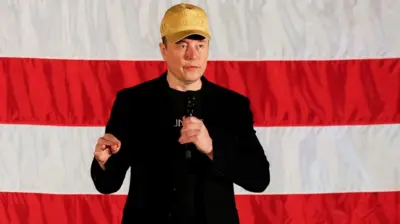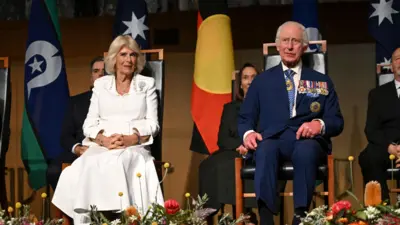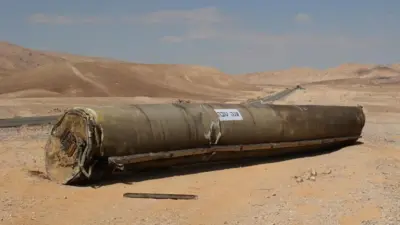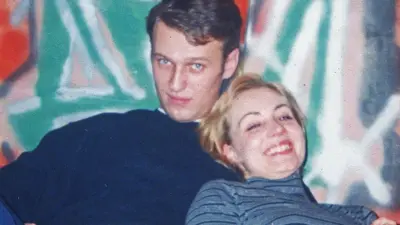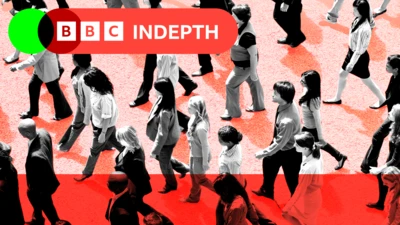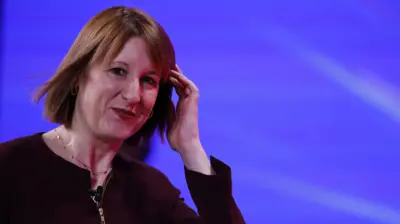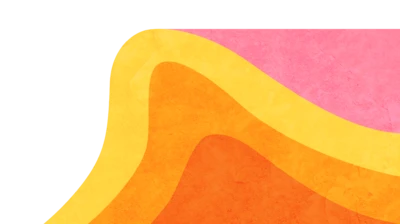We've updated our Privacy and Cookies Policy
We've made some important changes to our Privacy and Cookies Policy and we want you to know what this means for you and your data.
Novara Media has YouTube channel briefly deleted
Image source, Getty Images
YouTube briefly deleted the account of Novara Media, a left-wing independent media outlet whose journalists have appeared on the В鶹№ЩНшКЧТіИлїЪ and other broadcast networks.
Novara said it had been deleted "without warning or explanation".
But YouTube told В鶹№ЩНшКЧТіИлїЪ News it had made a "wrong call".
Earlier this month, a video of David Davis MP arguing against Covid passports was also removed and reinstated by the video-streaming site.
YouTube said: "Novara Media's channel was briefly removed, after it was flagged - but upon review, it was then immediately reinstated".
"We work quickly to review all flagged content - but with millions of hours of video uploaded on YouTube every day, on occasion we make the wrong call"
But the channel's deletion prompted Big Brother Watch, the campaign group that had originally posted the clip of Mr Davis on YouTube, to tweet: "Free speech is under attack online."
This article contains content provided by Twitter. We ask for your permission before anything is loaded, as they may be using cookies and other technologies. You may want to read Twitter and before accepting. To view this content choose 'accept and continue'.
End of Twitter content, 1
And Novara contributing editor Ash Sarkar called it "an attack on quality British journalism by an unaccountable American tech giant".
This article contains content provided by Twitter. We ask for your permission before anything is loaded, as they may be using cookies and other technologies. You may want to read Twitter and before accepting. To view this content choose 'accept and continue'.
End of Twitter content, 2
Novara also a "step-by-step" explanation of how its channel had been removed and reinstated.
The organisation, founded in 2011, added it played an important public-service role, regularly featured interviews "with politicians, human-rights campaigners, scientists and activists from around the world" and was regulated by the Independent Monitor for the Press (Impress).
Top Stories
More to explore
Most read
Content is not available
